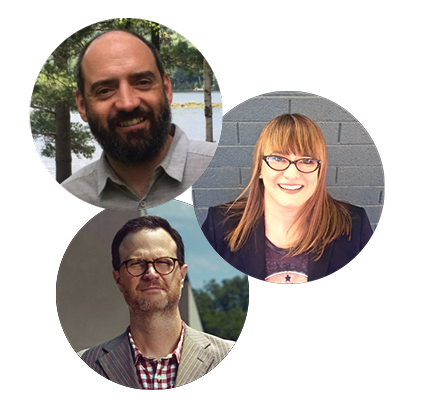In a pandemic, what counts as and how we count impact is fundamentally social and political. In their essay for our “Covid-19 and the Social Sciences” series, Robert Soden, Jacqueline Wernimont, and Scott Gabriel Knowles suggest that we must more accurately account for a broad range of ways in which the labor of caring is happening in response to the pandemic, from care of acutely ill patients to the work of mutual aid collaborators seeking to address social inequalities magnified by the pandemic. The authors call for multimethod research that allows for qualitative insight to give depth to quantitative data, in order to ensure that new policies address the underlying problems that may be obscured by numerical research alone.
















